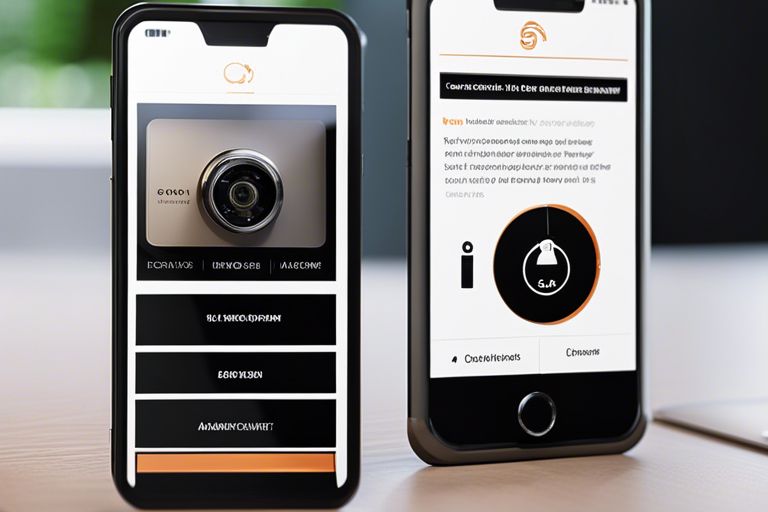Choosing a secure cloud service is crucial for safeguarding your data and ensuring the privacy of your information. With so many options available in the market, it can be overwhelming to determine which cloud service provider is the right fit for your needs. In this blog post, we will guide you through the process of selecting a secure cloud service.
1. Assess your security needs
Before diving into the search for a cloud service provider, it is important to assess your security needs. Consider the type of data you will be storing in the cloud and the level of security required for that data. This will help you narrow down your options and focus on providers that offer the necessary security measures.
2. Research cloud service providers
Take the time to research different cloud service providers and compare their security features. Look for providers that have a strong track record in security and have implemented measures such as encryption, regular security audits, and data backups.
3. Check for certifications and compliance
Ensure that the cloud service provider you choose has the necessary certifications and compliance with industry standards. Look for certifications such as ISO 27001 and SOC 2, which demonstrate a commitment to security best practices.
4. Evaluate data encryption
Data encryption is a critical aspect of cloud security. Check if the cloud service provider offers encryption at rest and in transit. Encryption at rest ensures that your data is protected even when it is stored in the provider’s data centers, while encryption in transit ensures that your data is secure when it is being transferred between your devices and the cloud.
5. Consider data backup and disaster recovery
Backup and disaster recovery capabilities are essential for ensuring the availability and integrity of your data. Check if the cloud service provider has robust backup and disaster recovery processes in place, including regular backups, redundancy, and failover systems.
6. Review the provider’s security policies
Take the time to review the cloud service provider’s security policies and terms of service. Look for policies that address issues such as data privacy, data breach notification, and incident response. Ensure that the provider has a transparent and comprehensive approach to security.
7. Consider the provider’s infrastructure
The security of your data is also dependent on the provider’s infrastructure. Look for providers that have secure data centers with physical security measures such as surveillance cameras, access controls, and fire suppression systems. Additionally, consider the provider’s network security measures such as firewalls and intrusion detection systems.
8. Evaluate customer support and service level agreements
Customer support is an important aspect of any cloud service. Ensure that the provider offers responsive customer support and has service level agreements in place to guarantee the availability and reliability of their services.
9. Consider the cost
While security should be a top priority, it is also important to consider the cost of the cloud service. Compare the pricing plans of different providers and evaluate the value for money they offer in terms of security features and storage capacity.
By following these steps, you can make an informed decision when choosing a secure cloud service provider. Remember to prioritize your security needs and thoroughly evaluate the options available to you. A secure cloud service will not only protect your data but also provide peace of mind.






